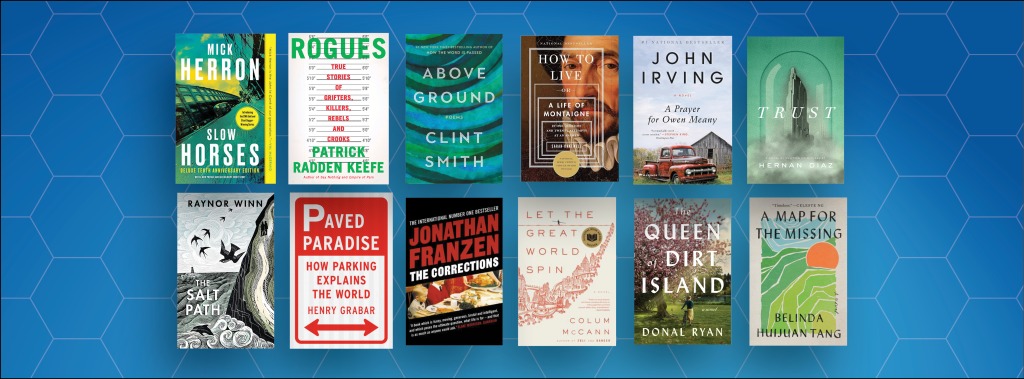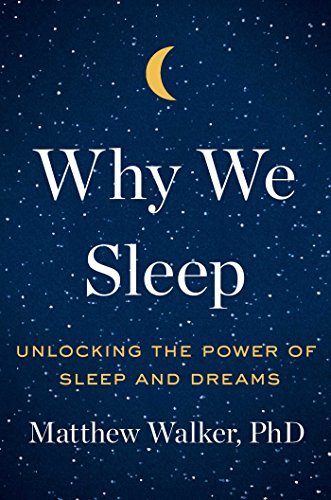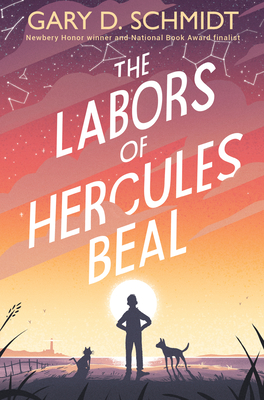At the end of each year, I do a write-up reflecting on my personal favorite books I read in the past year. (See my full “My Year in Books: 2023” list on Goodreads.)
I’ve picked my top 12 personal favorite reads from 2023. My goal was 45 books, but I managed to surpass my goal and read 53 books! (One for each week of the year, plus one extra.)
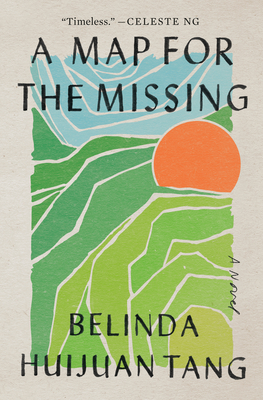
12. A Map for the Missing by Belinda Huijuan Tang. A man returns to his homeland of China to search for his missing father. This book explores how the paths our lives often diverge from the ideas we may have for them in our minds and ultimately why forgiveness is necessary. A strong debut novel by Tang.
“This was the worst part of a death: that the dead could not collect on the balance they were owed, that they left all their burden to the living.”
—Belinda Huijuan Tang, A Map for the Missing

11. The Queen of Dirt Island by Donal Ryan. This is a wonderful story about four generations of women in the Aylward family of Tipperary, Ireland. I particularly liked that it is written as a series of vignettes, like snapshots at different points in the women’s lives. The prose is quite lyrical, and the snippets of dialogue paint a lively picture of their lives.
“There’s no going back for man or God or any creature that ever lived. We can only go back in our minds and even then we’re going back to something that doesn’t exist. So we can forget changing the past and all we can do is look after our present moment, planting good seeds in it so that our next moments might be fruitful.”
—Donal Ryan, The Queen of Dirt Island
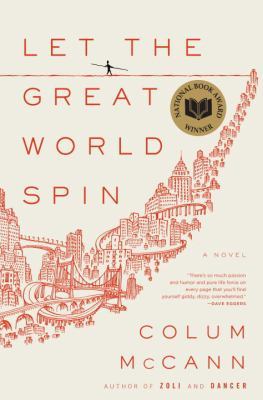
10. Let the Great World Spin by Colum McCann. McCann expertly weaves together the story of several strangers that have seemingly nothing to do with each other to tell the story of New York City and its people. Centering on the scene of a tightrope walker crossing between the Twin Towers in 1974, this is a surprising story of what we have in common as humans.
“Some people think love is the end of the road, and if you’re lucky enough to find it, you stay there. Other people say it just becomes a cliff you drive off, but most people who’ve been around awhile know it’s just a thing that changes day by day, and depending on how much you fight for it, you get it, or you hold on to it, or you lose it, but sometimes it’s never even there in the first place.”
—Colum McCann, Let the Great World Spin

9. The Corrections by Jonathan Franzen. This novel is a complicated and intimate portrait of the members of the fictional Lambert family. This is a realistic portrait of an American family growing up in the 20th century. It’s full of dark humor and schadenfreude—a tragicomedy with acute observations about family dynamics and psychology that bends toward the universal. If you read it, you’ll start to compare your experience in your own family to that of the Lamberts’—even if you think you have nothing in common with them.
“And when the event, the big change in your life, is simply an insight—isn’t that a strange thing? That absolutely nothing changes except that you see things differently and you’re less fearful and less anxious and generally stronger as a result: isn’t it amazing that a completely invisible thing in your head can feel realer than anything you’ve experienced before?”
—Jonathan Franzen, The Corrections

8. Paved Paradise: How Parking Explains the World by Henry Grabar. This book is a fascinating look at how parking—and the need for it—has changed our world. As the author writes, there is more square footage for keeping cars in the USA than there is real estate for people to live in. Grabar examines the history of why it came to be this way (especially in the United States), the implications this has on our lives and our planet, and possible solutions for the future. It’s actually amazing how much there is to discuss when you really delve in the problem as deep as Grabar does.
“By square footage, there is more housing for each car in the United States than there is housing for each person.”
—Henry Grabar, Paved Paradise: How Parking Explains the World

7. The Salt Path: A Memoir by Raynor Winn. This is a meditative memoir by Winn about her monthslong hike along the 630-mile South West Coast Path in England, during a dark period in her life after she and her husband, Moth, lost their home and they also learned her husband had a terminal illness. It’s about a physically grueling hike but also about what it really means to have a home. (I also enjoyed it purely for the descriptions of the particular region and trail they hiked in the southwest of England.)
“Most people go through their whole lives without answering their own questions: What am I, what do I have within me? The big stuff. What a waste.”
—Raynor Winn, The Salt Path: A Memoir
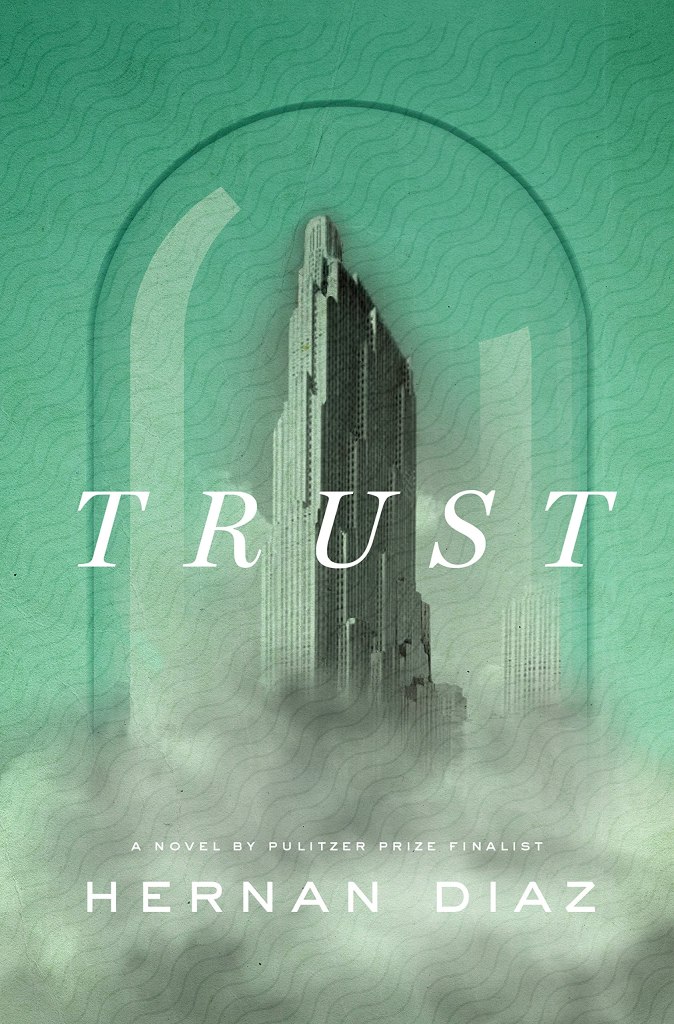
6. Trust by Hernan Diaz. I don’t know if I’ve ever read a novel quite like this. Without giving too much away, this book has an interesting and unique structure—like the game of “telephone,” stories are nested within stories, and it’s hard to tell what the true, hard facts are and what is manipulated through time, power, money, and rumor. On a basic level, the novel questions the stories we believe and particularly the influence of money on who has the right to tell our stories.
“Most of us prefer to believe we are the active subjects of our victories but only the passive objects of our defeats. We triumph, but it is not really we who fail—we are ruined by forces beyond our control.”
—Hernan Diaz, Trust
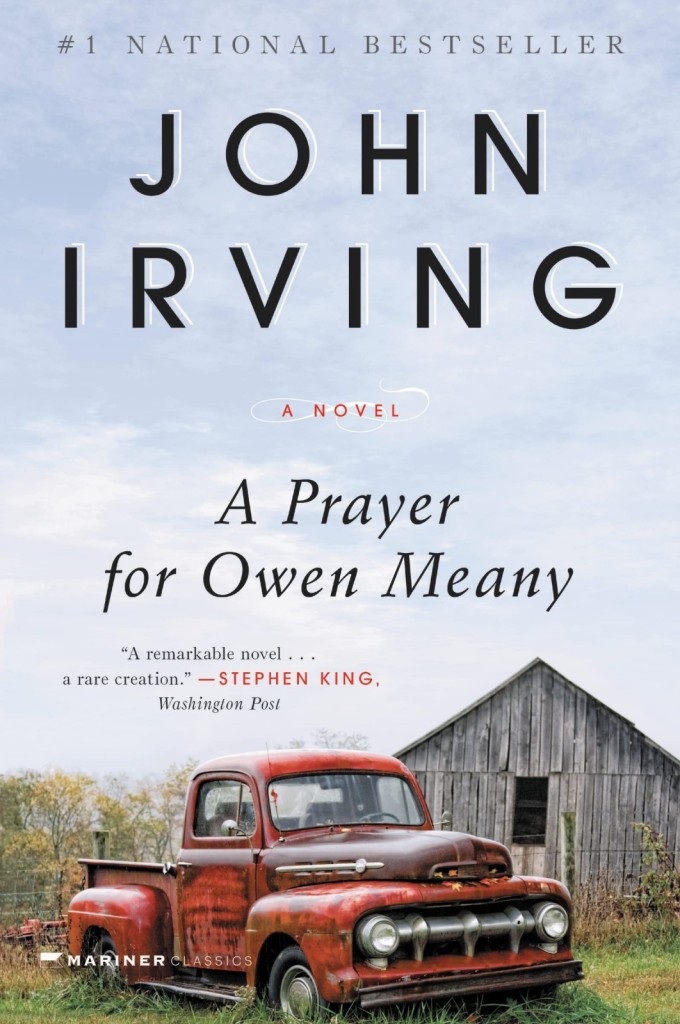
5. A Prayer for Owen Meany by John Irving. I’ll be the first to admit that the plot to this book is a little ridiculous and goes in all kinds of unexpected places, that, on the face of it, you might say “no real person would do that!” But I read The Cider House Rules last year, and wanted to give another Irving book a try, since I liked that one quite a bit. Irving does tend to be long and winding, going into inane detail and (keyword: seeming) tangents—so, understandably, sometimes you’re not quite sure how his big puzzle will all come together. But somehow Irving pulls it off in spectacular fashion.
“If you care about something you have to protect it—If you’re lucky enough to find a way of life you love, you have to find the courage to live it.”
—John Irving, A Prayer for Owen Meany

4. How to Live: Or A Life of Montaigne in One Question and Twenty Attempts at an Answer by Sarah Bakewell. I’ve only read a little bit of Montaigne’s works back in college for a nonfiction writing course, so I’m not even really sure what motivated me to pick up this book, but it turned out to be a real treat. Michel Eyquem de Montaigne was one of the first to write what we would now call “essays.” His writings give us remarkable insight into the life of a man of the Renaissance era, an era when few wrote as personally as Montaigne. Bakewell has expertly researched his life and drawn out the best insights from Montaigne’s philosophies in this eloquent book, which attempts to answer universal questions about the human experience through his eyes—now regarded as one of the greatest essayists of all time.
“The trick is to maintain a kind of naïve amazement at each instant of experience—but, as Montaigne learned, one of the best techniques for doing this is to write about everything. Simply describing an object on your table, or the view from your window opens your eyes to how marvelous such ordinary things are. To look inside yourself is to open up an even more fantastical realm.”
—Sarah Bakewell, How to Live: Or A Life of Montaigne in One Question and Twenty Attempts at an Answer
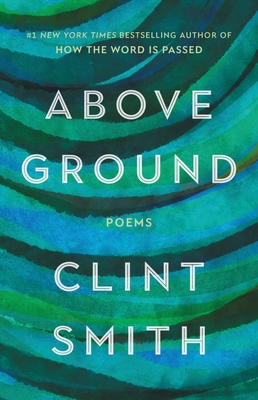
3. Above Ground: Poems by Clint Smith. This is the second year in a row that I’ve included a Clint Smith book in my top 12. Last year, his How the Word Is Passed: A Reckoning With the History of Slavery Across America was my #1. I highly recommend listening to Smith perform his poems on the audiobook. The poems in this collection focus on fatherhood, especially in today’s rapidly changing world, full of joy and despair—and the struggle to carry both those things simultaneously. While I am not a parent, I still found his poems and insights very moving because they also speak to universal truths of the human experience.
“Perhaps if we could hear the bomb dropping, we might imagine what would happen if it struck our own homes.”
—Clint Smith, Above Ground: Poems
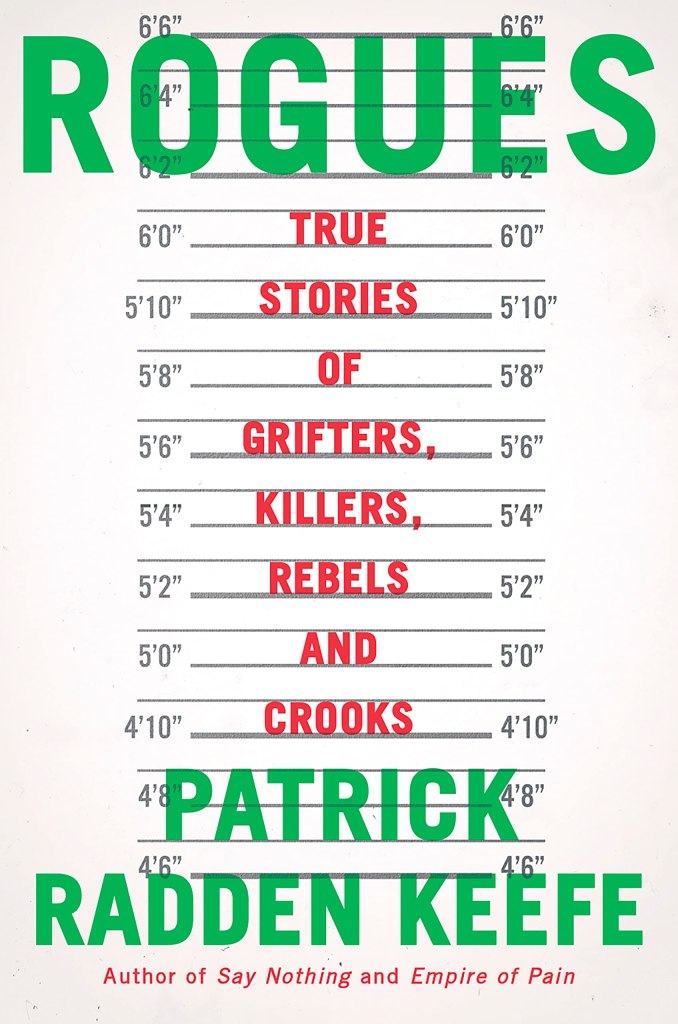
2. Rogues: True Stories of Grifters, Killers, Rebels and Crooks by Patrick Radden Keefe. After reading Radden Keefe’s Say Nothing: A True Story of Murder and Memory in Northern Ireland, I knew it wouldn’t be the last time I would pick up a book by him—and while I do intend to read more of his books in the future, this was only my second of his. This book is more of a collection of stories rather than one narrative, made up of pieces he wrote for The New Yorker with the theme of criminals and rogue-like (it’s in the title, after all) people in history. Each one reads like an intriguing short story. The writing is sharp and simply a lot of fun.
“None of us, not any one of us, wants to be defined by the worst day or the worst hour or the worst moment of our lives.”
—Patrick Radden Keefe, Rogues: True Stories of Grifters, Killers, Rebels and Crooks
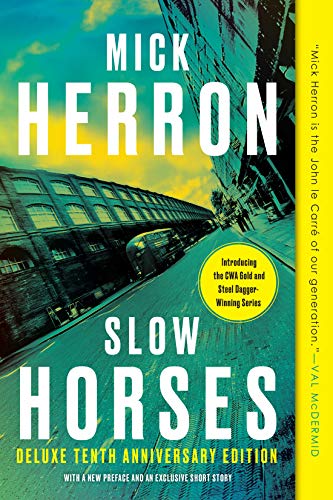
1. Slow Horses by Mick Herron. I’m rating Slow Horses as my favorite this year, but really I am judging it on the whole Slough House series that I finished this year, which is excellent (thus far there are 8 books and a few novellas in the series). (My actual favorite might be #7, Slough House, but you have to work up to it by reading #1-6 first, of course!) Herron is a deft and witty writer, who expertly crafts a memorable cast of characters with often hilarious dialogue. The series revolves around a group of demoted (for various reasons) MI5 spies in Britain’s intelligence service known as the “slow horses.” (Basically all the “screw-ups.”) Herron’s prose is fast-paced, entertaining, and full of sarcastic humor (especially that of Slough House leader, Jackson Lamb). There’s also an excellent TV show adaptation starring Gary Oldman as Jackson Lamb on AppleTV+, which I also highly recommend, which adapts the first 4 books (the fourth season to be released yet).
“If Moscow rules meant watch your back, London rules meant cover your arse. Moscow rules had been written on the streets, but London rules were devised in the corridors of Westminster, and the short version read: someone always pays. Make sure it isn’t you. Nobody knew that better than Jackson Lamb. And nobody played it better than Di Taverner.”
—Mick Herron, Slow Horses
* * *
Honorable Mentions (books I could have put in my top 12 but didn’t):
- Why We Sleep: Unlocking the Power of Sleep and Dreams by Matthew Walker, PhD: A little bit of scary read (when you think of how badly we are all sleeping), but still some great insights into this activity we all spend years of our lives doing.
- The Country of the Blind: A Memoir at the End of Sight by Andrew Leland: Dare I go for the pun that this was an “eye-opening” read on what it’s like to lose your vision?
- The Labors of Hercules Beal by Gary Schmidt: Another strong entry from Schmidt, who has become an expert on coming-of-age stories.
* * *
- I only read 2 series: Slough House and The Passenger.
- The most challenging: The Passenger by Cormac McCarthy. I’m sorry I did not like this book. It was one of McCarthy’s last before he died and takes place (I think) in the mind of a schizophrenic. Its pair, Stella Maris, was a bit more bearable (and understandable—both sort of have to be read back-to-back to make sense), but I think he must have been writing on a different plane than my brain could handle. I got through it, but barely.
- The worst (would not pick up again): The Windeby Puzzle: History and Story by Lois Lowry and The Passenger by Cormac McCarthy; Lowry & McCarthy are both great authors in their own right, but their latest (and, as just mentioned, one of McCarthy’s last before he died) works just were not their greatest, unfortunately. The Windeby Puzzle creates a speculative story based on the history of real, found bog bodies, which are interesting in their own right, but it just fell flat as a YA book/history book combo; The Passenger for the reasons above under “most challenging.”
- The funniest: A tie between Alexandra Petri’s US History: Important American Documents by Alexandra Petri and Happy-Go-Lucky by David Sedaris: I’m always up for some humor by Petri and Sedaris—they are my go-to humorists!
- The weirdest: The Eyes and the Impossible by Dave Eggers: This book is probably meant for a younger audience, which might get more fun out of it than I did. The POV is a stray dog living in Golden Gate Park, San Francisco. Perhaps a strange concept, but I at least enjoyed the effort by Eggers to try something different. I also have to add Eileen by Ottessa Moshfegh to this category. The writing was fine, I just didn’t care for the story or creepiness, which might have been the point. Just not my cup of tea.
* * *
What were some of your favorite books that you read this year? What should I read in 2024? I’d love to hear your recommendations.
